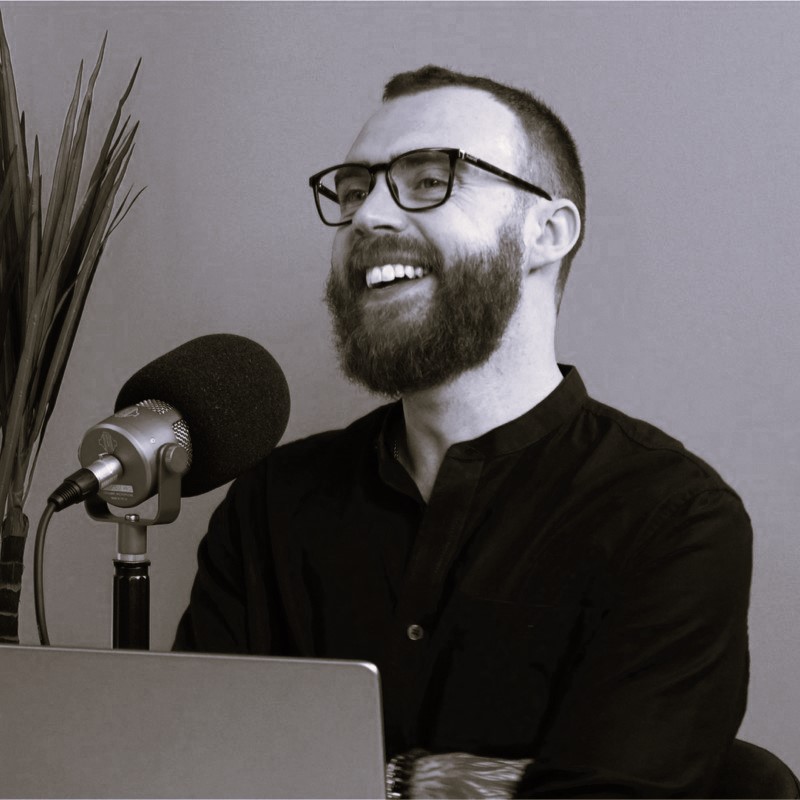Podcast Overview
Add 30% net sales to your business by doing this one thing.
…and it isn’t incorporate AI!
Sell on more than one sales channel. Obvious? Well then, why aren’t you doing it?
Brad shares all in this week’s podcast!
eCom@One Presents:
Brad Houldsworth
Richard Hill is joined by Brad Houldsworth , a seasoned eCommerce professional with over 15 years of experience in marketing. As the Director of Sales and Strategy at Remarkable Commerce, Brad is responsible for the innovation instilled in the agency, sales and marketing activities, leading the team and onboarding multi million pound clients.
In this podcast, Brad shares valuable insights into eCommerce strategies and technological usage. If you are struggling with deciding which sales channels to stock your products on, this episode is for you. Listing on other channels that aren’t just your website will boost customer acquisition, loyalty and enhance your data capture.
Choosing the right technology for your business can be a minefield, it is the reason your sales skyrocket or plummet. Brad shares the significance in deciding your tech stack, emphasing efficiency, understanding customer behaviour and demographics, and leveraging data profitably.
So listen to this podcast to explore the ever changing eCommerce landscape with actual real life insights from somebody who has spent years in the trenches. Real data backed by evidence.
Topics Covered
00:10 – Brad shares his career journey in eCommerce
06:14 – Reflects on past experiences and shares successful eCommerce elements
09:24 – His opinion on headless eCommerce
10:54 – Retailers are handling increased traffic and costs during the holiday season
18:02 – Internal debate on brand reputation impact of selling on Amazon – should you do it?
19:56 – Emphasises the importance of customer engagement and loyalty in business
23:41 – Data silos create inefficiencies; integrating systems is key to success and opportunity for businesses
29:41 – Discussing challenges of tech adoption & investment assessment in business
32:57 – Understanding different stages of business growth helps in partnership and expansion decisions, based on experience and potential
35:36 – Considerations for customer acquisition costs and technology planning for business growth
38:38 – Need solutions for retail growth milestones
43:58 – SEO
46:21 – Platform offers 300 flexible third-party integrations for faster development and more options for merchants.
48:23 – Book recommendation


